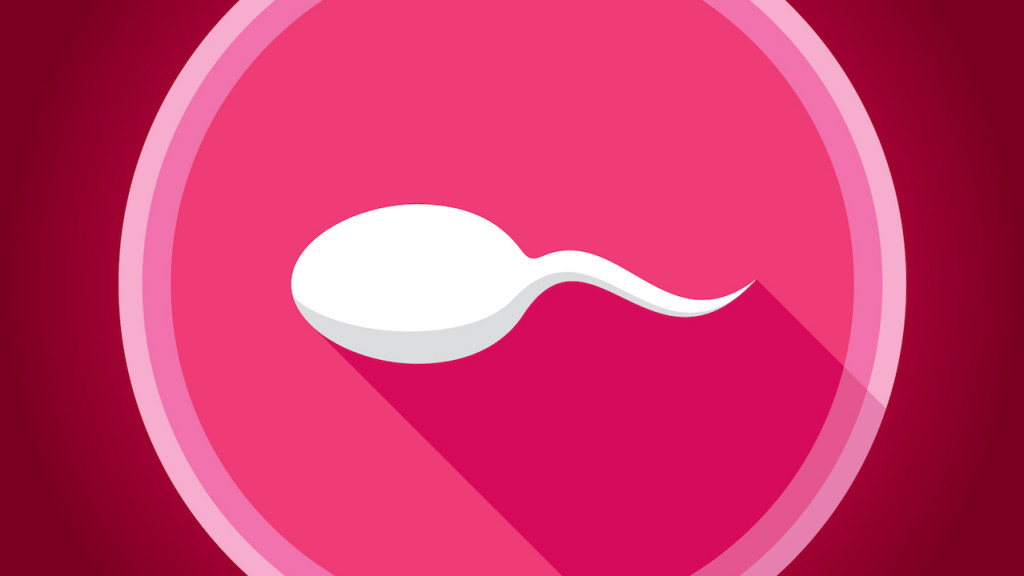Research raises hope over infertility as scientists make eggs from blood cells
A new ground-breaking research from a laboratory in Japan in which early stage human egg cells were made from human blood cells has raised hope in ending infertility. However, it has raised a long list of ethical questions. At the moment, many researchers worldwide are trying to make sex cells that are sperm and eggs from […]

A new ground-breaking research from a laboratory in Japan in which early stage human egg cells were made from human blood cells has raised hope in ending infertility. However, it has raised a long list of ethical questions.
At the moment, many researchers worldwide are trying to make sex cells that are sperm and eggs from other tissues.
The Japan research team successfully bred mice born of eggs made from a mouse’s skin cells. They also successfully produced a litter of mice born of the skin-made eggs.
Revelations from the Kyoto University study could mean a single person can have their own genetic children, as can infertile gay and straight couples.
This will fundamentally change the idea of “what it means to be a parent” and worries that the development of the technology will raise ethical questions, reports Mail Online.
About one in four couples experience delay in achieving conception in Nigeria, according to fertility experts. Some single parents rely on donated sperm or eggs, In Vitro Fertilisation (IVF) and surrogates.
According to a new Medium article, if the research of Dr. Mitinori Saitou and his lab at the Kyoto University continues to show as much promise as it has so far, the ethical questions will all change.
However, some ethicists worry that closing the door on infertility can quickly open the floodgate to designer babies, eugenics and legal snags that may society may be unprepared to sort out.
“There are lots of issues to fight about,” says New York University bioethicist, Dr. Arthur Caplan.
“We don’t even agree on what we should be doing if someone says they’re going to do an illegal experiment. When they gene-edited embryos in China, nobody was ready for it.”
The Medium said Dr. Saitou was actually particularly interested in the issue – but he ended up making a discovery that could alter the way we reproduce forever.
Next, Saitou and his lab decided to make the other half of the unique combination required to make an embryo: the much more complicated female sex cell, the egg.
Sperm is the smallest cell type in the human body, and is little more than a vehicle for genetic information. Eggs, on the other hand, are the largest and equipped to sustain the development of embryos.
They are also more precious, in a way, than sperm. Women are born with only about 300,000 eggs and few have any viable ones left after age 42. Every time a fertile man ejaculates, he may release as many as 300 million sperm cells, and his testes will continue to produce more until his death.
In 2016, Dr. Hayashi and Dr. Saitou published incredible findings. Not only had the pair and their team successfully made fully-fledged mouse egg cells from mouse skin in petri dishes, they fertilised the egg cells and used IVF to transplant them into a living mouse.
Though only a small percentage of the embryos were viable, the mouse gave birth to eight live offspring, and only ate a moderate snack of two of her own babies, as is apparently a common practice among mice.
Dr. Saitou and Dr. Hayashi parted ways, and Dr. Saitou began tinkering with human cells.
Using the same development reversal, he turned back the clock on human blood cells and, for the first time ever, created an early-stage human egg in a petri dish, a landmark achievement reported in science in September 2018.
But getting a human egg to develop fully may require an ovary for it to grow in, a project that one of Dr. Saitou’s lab members, graduate student Chika Yamashiro, is now working on.
Even if she or other research teams elsewhere in Japan, China and at Cambridge University in the UK, manage it tomorrow, it’s likely going to be some time before the remarkable technology is available to people wanting children, said Dr. Caplan.
Dr. Caplan points out that this research brings up many of the same disquieting notions raised around cloning and stem cell research and that it also raises a more fundamental social question.
“When you realise that there’s a copy of your DNA sleeping in every cell in your body and realise you can wake that up with the right biochemical combination, that revelation really throws a wrench into thousands of years of the notion of who’s a parent,” Dr. Caplan said.
If this process, known as In Vitro Gametogenesis (IVG), works in humans, “anybody’s tissue can be turned into sperm or an egg. You could have children with someone when they’re dead, before puberty, male or female.
“Suddenly the traditional notion of motherhood and fatherhood’ becomes much less clear,” said Caplan.
As social notions of gender shift, IVG could offer a new opportunity to same sex couples who might otherwise have been unable to have children that shared both of their DNA. But this will also mean all manner of objections from religious groups, plus, Dr. Caplan points out, “Ethically, this simply may not be the most pressing need.”
